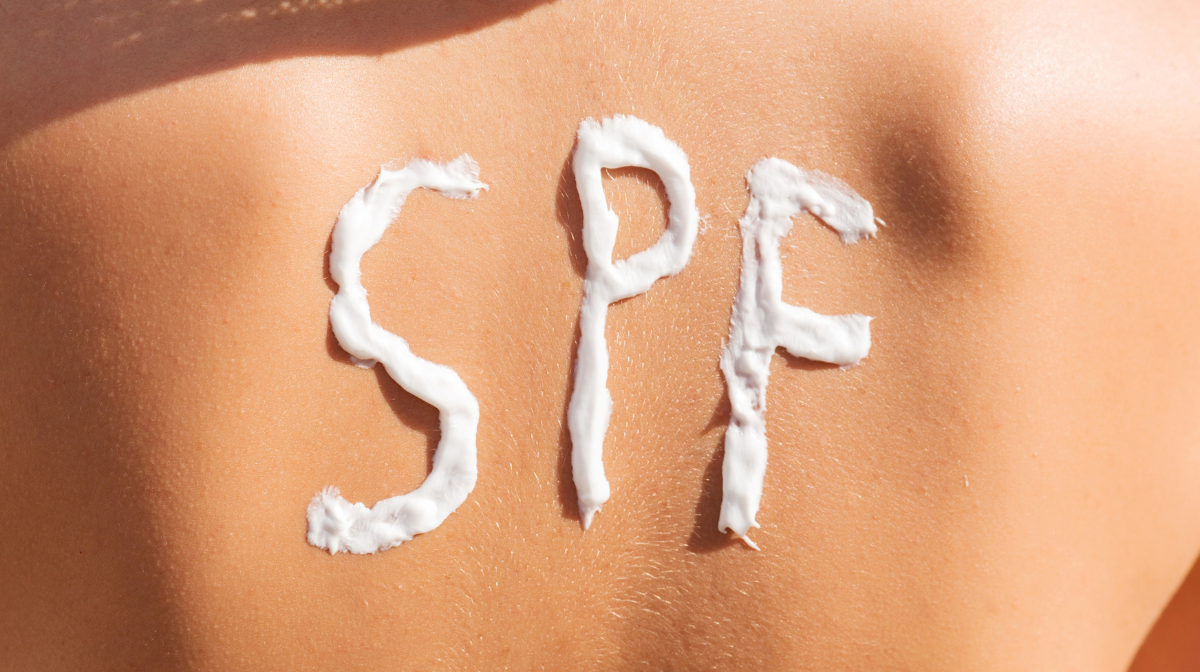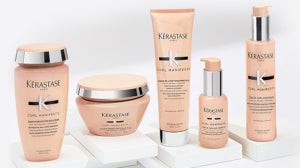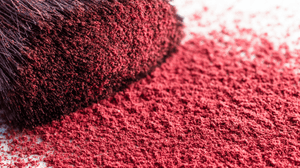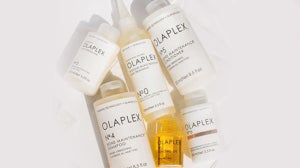
If you’ve read any of our skincare tips over the spring and summer months, you’ll know we harp on a lot about the importance of SPF. But let’s face it, while most of us know that we should be using SPF, many of us don’t really understand the ins and outs of why it’s essential.
By understanding what SPF means, how it’s measured and how to use it correctly, we can make informed decisions to protect our skin both now and in the long run. Whether you’re planning sunny holidays or enjoying time outdoors closer to home, sunscreen is a non-negotiable part of a healthy skincare routine.
In this guide, we’ll answer common questions like ‘why is SPF important for your face?’, ‘should you wear sunscreen every day?’ and ‘what SPF should I use?’, just in time for the warmer months.
What is SPF?
SPF stands for Sun Protection Factor, and it’s the rating that tells you how much protection a product gives you from ultraviolet rays. It’s important to note that SPF ratings are based only on protection from UVB rays, but more on that in a moment.
Broadly speaking, an SPF 15 sunscreen allows you to have 15x longer sun exposure without burning. So, if it normally takes 10 minutes to burn, SPF 15 may extend that to 2.5 hours.
Of course, this isn’t an exact science. Your skin tone, genetics, climate, and even altitude all affect how quickly you burn. That’s why SPF should be seen as a guide, not a guarantee.
How is SPF Measured?
SPF ratings help us understand how much UVB radiation is blocked when used correctly.
Here’s a quick breakdown:
SPF 15 blocks around 93% of UVB rays
SPF 30 blocks about 97% of UVB rays
SPF 50 blocks roughly 98% of UVB rays
It might sound like a small difference, but that extra percentage can make a big impact. For example, SPF 30 allows 3 out of every 100 photons through, while SPF 50 only allows 2. If you’re spending a full day in the sun, that 1% can add up.
A common misconception is that a higher SPF means you can spend more time in the sun without reapplying. In fact, people wearing high-SPF products often reapply less, stay out longer, and neglect shade, ironically increasing the risk of sun damage.
UVA vs UVB Rays
SPF only tells us about protection from UVB rays, which damage the outer skin layers and cause sunburn. But UVA rays penetrate more deeply, accelerating skin ageing and increasing skin cancer risks too.
The sun produces three types of ultraviolet rays:
UVA: Causes premature ageing and contributes to long-term damage
UVB: Causes sunburn and increases cancer risk
UVC: Blocked by the Earth’s atmosphere
To protect against both UVA and UVB rays, look for sunscreens labelled as broad-spectrum or full-spectrum. These are formulated to cover both types and offer more complete protection, especially for your face and areas exposed daily.
Should You Wear Sunscreen Every Day?
Yes, daily SPF is essential, even if it’s cloudy or you’re indoors most of the day. UVA rays can penetrate glass and reach your skin while you’re driving or sitting by a window. Applying SPF daily helps defend against cumulative sun damage and premature ageing.
This is especially important for your face, which is typically exposed more than other parts of the body. Want to prevent fine lines, uneven tone, and dryness? SPF is your daily skincare hero.
How to Apply SPF Correctly
The Skin Cancer Foundation recommends choosing a broad-spectrum, water-resistant SPF 30+ if you’re outside for an extended period. Proper application is just as important as choosing the right product.
Not sure how much to use on your face? A teaspoon is a good rule of thumb. Don’t forget easy-to-miss areas like your ears, neck, and the tops of your feet.
Apply 30 minutes before going outside
Reapply every 2 hours, and immediately after swimming or sweating
What Types of SPF Products Are There?
SPF isn’t just for your beach bag—it’s something to incorporate into your daily routine.
Hair
UV rays can damage the proteins in hair, leaving it dry and brittle. SPF sprays and leave-ins can help protect colour and reduce frizz.
Lips
With fewer layers of skin, lips burn easily and are often forgotten. Lip balms with SPF are a simple way to stay protected.
Face
Your face is often the first to show signs of sun damage. SPF skincare is specially formulated to avoid clogging pores or irritating sensitive skin.
Body
From lightweight sprays to rich creams, body sun protection products are tailored to different skin types and lifestyles. Choose based on activity, texture preference, and your skin’s needs.
Child
Children’s SPF products use gentler formulations to protect delicate skin. They’re also a great choice for adults with sensitive skin.
SPF isn’t just for beach days—it’s for every day. By applying sunscreen properly and consistently, you’re not only protecting your skin now, but investing in healthier skin for the future.
Are you all set for the sunnier seasons? Browse our full Sun & Tan range here to find SPF products for every skin type and lifestyle.

Related Articles








